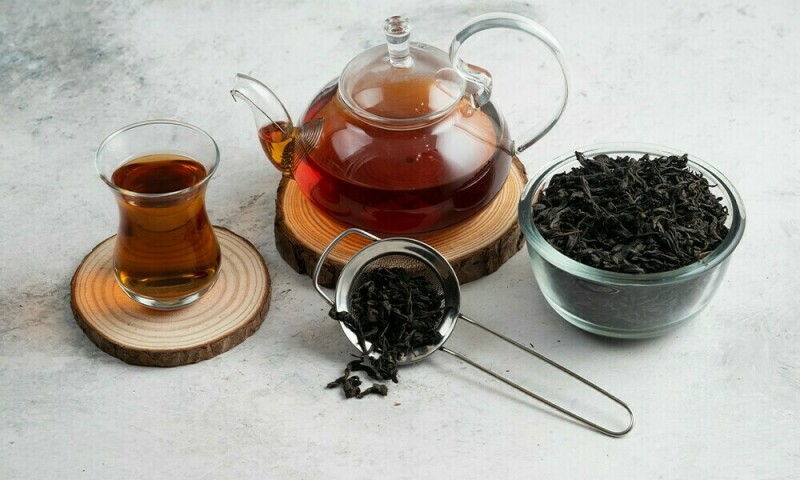KARACHI: The Pakistan Tea Association (PTA) has called for the immediate withdrawal of SRO 1735, claiming the regulation has caused Rs 40 billion reduction in Federal Board of Revenue (FBR) collections during the first nine months of the current fiscal year.
At a press conference held at the Federation of Pakistan Chambers of Commerce and Industry (FPCCI) headquarters, PTA Chairman Muhammad Altaf, accompanied by FPCCI Vice President Aman Paracha, stated that the government’s November 2024 imposition of Rs 1,200 per kg MRP has significantly damaged the tea sector.
“Tea imports have fallen by 17.5 percent due to misuse of tax exemptions granted to the FATA/PATA region,” Altaf said.
He noted that while annual tea consumption in Pakistan stands at approximately 300,000 tons, imports over the past nine months totaled just 154,000 tons, compared to 190,000 tons during the same period last year.
The PTA chairman accused customs authorities in Faisalabad and Sargodha of clearing tea consignments at artificially low values without consulting the International Tea Price (ITP).
He demanded that no consignments be cleared without PTA’s ITP recommendations and emphasized that PTA members currently paid around 70 percent in taxes.
“If the SRO 1735 is not withdrawn, PTA will have no option but to take the matter to court,” Altaf warned.
FPCCI Vice President Paracha supported the PTA’s stance, stating, “FATA/PATA import quota, dry port facilities, and re-export mechanisms are being misused in the tea sector.”
He called for eliminating all exemptions and implementing uniform taxation across the board.
Paracha highlighted that small tea traders are struggling to compete against unfair market practices and pointed out significant taxation disparities.
“Tea imported at 800-900 rupees per kilogram is being taxed at 1,200 rupees per kilogram,” he said, demanding the withdrawal of the Rs 1,200 per kilogram MRP, which will help reducing tea price by Rs 200-300 per kilogram.
The FPCCI vice president also argued that tea should be classified as a food item and raw material rather than a finished product, as it undergoes mixing, processing, and packaging.
He revealed that approximately 71,000 tons of tea had already been imported by exploiting various concessions and benefits.
“This injustice and oppression against tea importers must stop,” Paracha said.
Copyright Business Recorder, 2025


